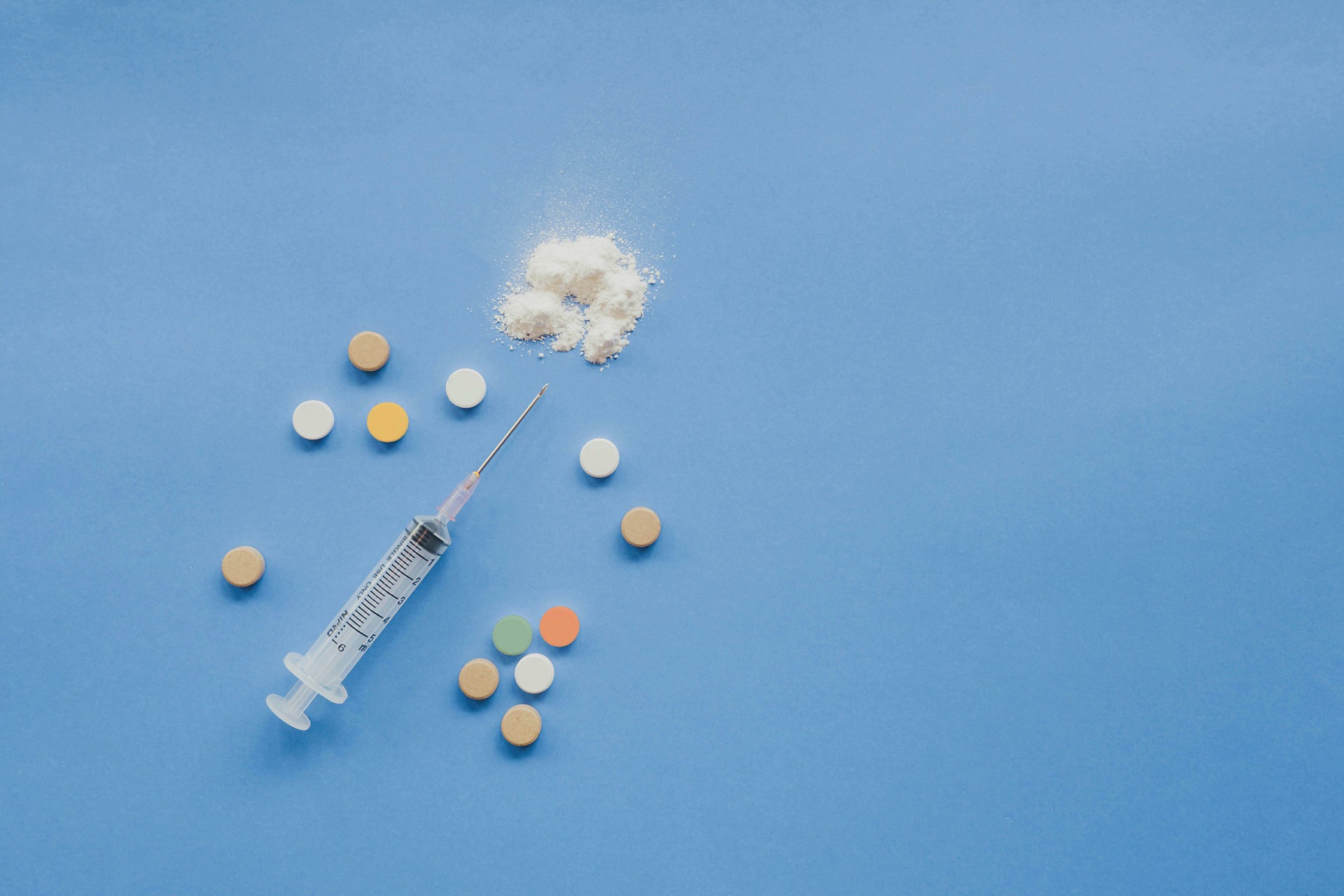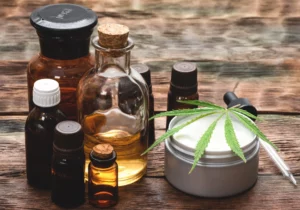Opioids & Heroin
According to the Center for Disease Control, opioids, including heroin, were responsible for more than 28,600 deaths in 2014 and 61% of all overdose related deaths.
Heroin is a growing problem in the United States and it is popping up everywhere from city streets to once quiet American suburbs. Often heroin addiction is caused by an addiction developed while taking prescription opioids, but heroin is then turned to as a much cheaper alternative to prescription opioids.
Heroin is just one component of the opioid epidemic that is plaguing America. Only about half of people with addictions fully recover from their disease and do not resort back to using. In some cases, we see even higher rates of relapse for people with opioid addictions, meaning finding new approaches to ridding our country of widespread heroin addiction is essential.
Why Cannabis
A survey carried out by [Amanda Reiman out of UC Berkley found](https://phys.org/news/2009-12-cannabis-booze-britain-problems.html# jCp) some of the main reasons patients at Berkley Patient Group, a medical marijuana dispensary, took cannabis. The results showed that there was less withdrawal with cannabis compared to other illicit drugs, less adverse effects when taking cannabis compared to other drugs, and it provided them with the best symptom management for their various medical conditions.
If patients are choosing cannabis for better symptom relief qualities, then it is clear that access to medical marijuana could prevent some problematic addictions in the long run. Cannabis, however, might prove effective at helping people heal from their already present addictions as well.
Cannabis Quells Symptoms
Some states are looking to cannabis to help rid them of their growing heroin addiction problems. Maine is considering adding opioid and heroin addiction to the list of conditions that apply for medical marijuana. Since one of the most common routes into heroine addiction is prescription opioid abuse, usually prescribed legally for pain, it is thought that since marijuana has shown great efficacy at treating chronic pain, it could dramatically decrease the need for opioids in the first place.
Massachusetts also has a pilot program of opioid addicts being treated with medical marijuana. Dr. Gary Witman of CannaCare Doctors attempted to treat about 80 patients who were addicted to opioids, anti-anxiety medications, and muscle relaxers with cannabis over the course of a one month period. Three fourths of the patients stopped taking the harder drugs that they had previously been addicted to because cannabis adequately quelled their symptoms.
Cannabis Replaces Other Drugs
A 2009 study published in the Harm Reduction Journal found that cannabis could be effective at treating alcoholism. Out of 350 cannabis users, 40% used cannabis to quell alcohol cravings, 66% used it as a replacement for prescriptions drugs, and 26% used it as a replacement for illicit drugs, in all of the cases cannabis was an effective alternative to what each patient had previously been taking.
A 2013 study by the National Institute of Health, which was conducted by the Psychiatry Research Unit in Montreal, Canada found that cannabinoids are able to alter the bodies reward system. The study found that the endocannabinoid system may be crucial in addiction treatment because it is closely tied with various neurological and behavioral aspects of addiction. Since cannabis acts on the endocannabinoid receptors in the body, it is believed that cannabis could be effective at helping people with addictions.
Another study from 2013, which was published in NueroScience, found that targeting the endocannbinoid system in people who have opioid addictions could be a novel pathway for the treatment of addiction. Cannabinoids and opioids work on similar pathways in the body, so supplementing the body with cannabis could possibly alleviate up to seventy of the withdrawal symptoms associated with halted opioid use. A 2009 study, which was also published in the Journal of NueroScience, found that CBD specifically could be a potential treatment for heroine addicts. This was shown in an experimental rat model where CBD decreased heroine seeking behavior.
Stopping Addictions Before They Happen
Medical marijuana could be the key to both alleviating heroin addiction and to preventing more addictions from developing. Multiple studies have proved both the efficacy of medical marijuana in helping with chronic pain, which is the most common reason that opioids are prescribed to patients. If medical marijuana is accessible to more people, it could prevent people who may have addictive tendencies from getting prescribed opioids in the first place.
Since opioids are highly addictive, simply reducing the number of opioid prescriptions is a crucial aspect to reducing the number of opioid addictions. Preliminary studies have also shown that medical marijuana could provide relief from heroin addiction. More studies are needed to prove the efficacy of cannabis as a treatment for addiction, but with multiple states considering adding addiction to the list of approved medical conditions for medical cannabis use means we could see more evidence in the near future.
Do you have questions about about cannabis? Ask a question on [HelloMD’s new Answers](https://www.hellomd.com/ feature). A doctor or member of our community will answer.
If you are new to cannabis and want to learn more, take a look at our Cannabis 101 post. HelloMD can help you get your medical marijuana recommendation; it’s 100% online, private and efficient.






